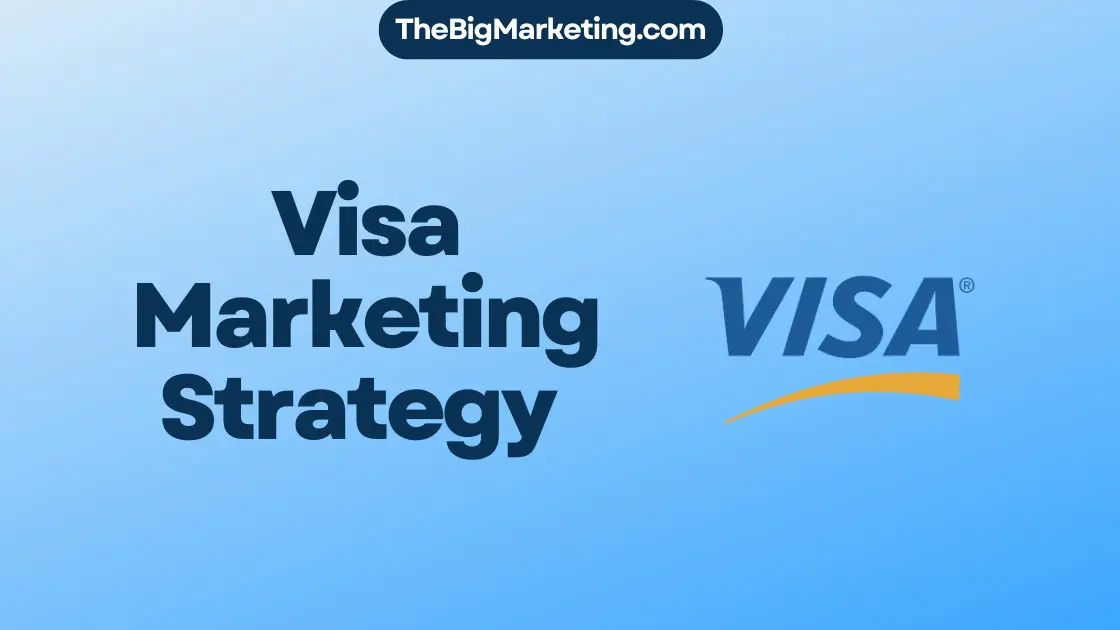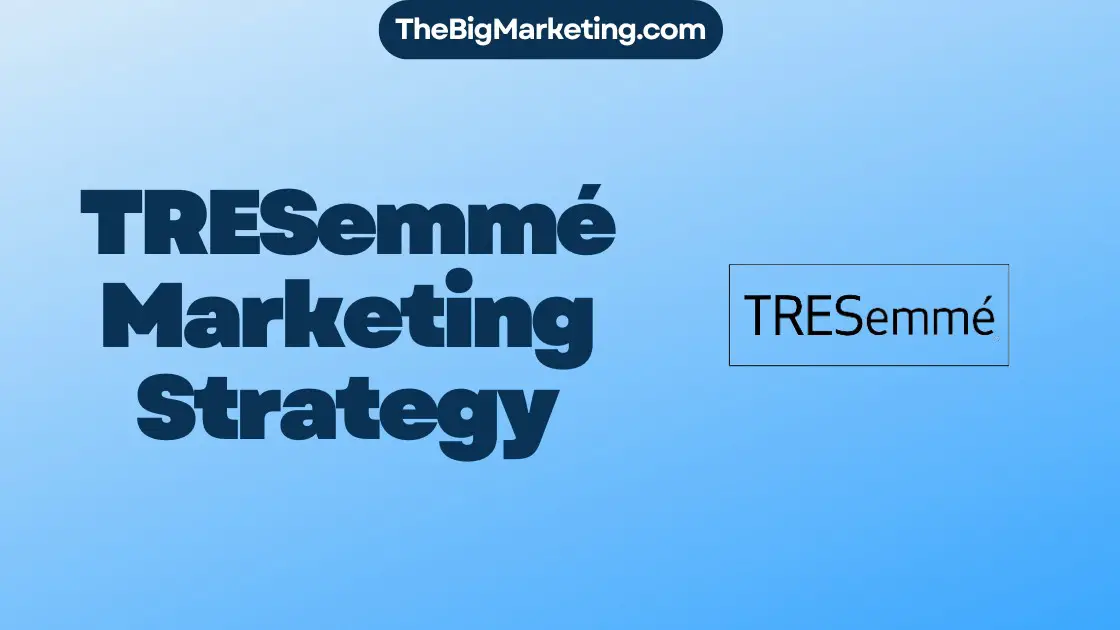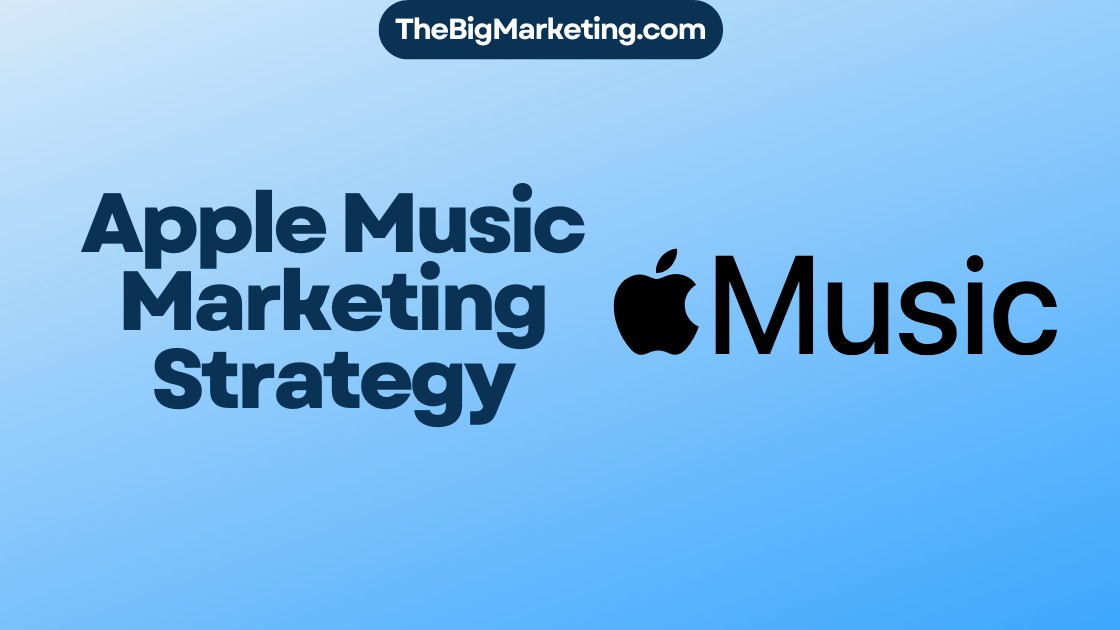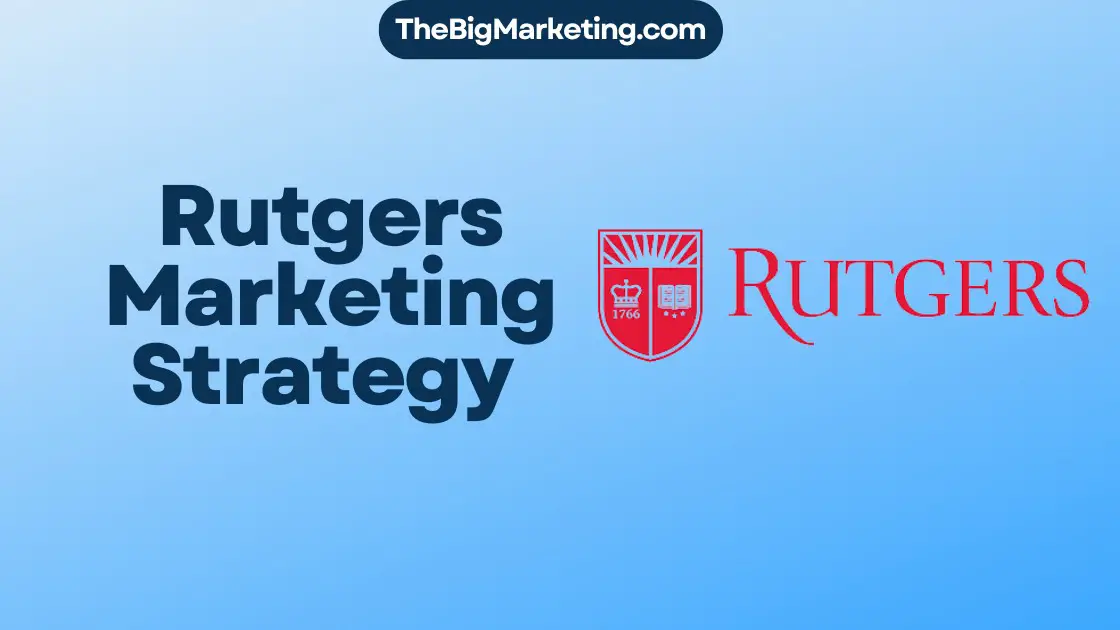A marketing agency is a company that provides marketing services to clients in various industries. They specialize in crafting and refining digital marketing strategies to help businesses grow and increase revenue. Whether it’s creating advertising campaigns, performing market research, managing social media marketing, or optimizing SEO, marketing agencies offer a wide range of services to meet their clients’ needs.
With their expertise in digital marketing strategies, marketing agencies help businesses navigate the competitive landscape by providing services such as brand management, content creation, and market research. They stay up to date with the latest trends and technologies to ensure their clients stay ahead in the market.
Key Takeaways:
- Marketing agencies provide a variety of services, including advertising campaigns, market research, and digital marketing strategies.
- They specialize in helping businesses grow and increase revenue by optimizing SEO, managing social media marketing, and creating compelling content.
- Marketing agencies offer expertise in brand management, market research, and digital marketing to help clients stay competitive.
- By leveraging their knowledge and skills, marketing agencies help businesses navigate the evolving digital landscape.
- Partnering with a marketing agency can provide businesses with the necessary tools and strategies to achieve their marketing goals.
Understanding the Role of Marketing Agencies
Marketing agencies play a multifaceted role in helping businesses achieve their marketing goals. They understand the importance of identifying marketing opportunities that align with the client’s business goals and target audience. By analyzing market trends and consumer behavior, marketing agencies are able to develop effective marketing strategies and marketing tactics that resonate with the intended audience.
Once the strategies and tactics are implemented, it becomes crucial to measure and analyze the performance of these marketing efforts. This involves tracking key performance indicators (KPIs) such as website traffic, conversion rates, and customer engagement. By measuring performance on an ongoing basis, marketing agencies can gain insights into the effectiveness of their strategies and make data-driven decisions to optimize future campaigns.
Marketing agencies offer businesses a vast range of services to achieve their marketing objectives. These services include search engine optimization (SEO), social media marketing, content creation, advertising campaigns, and more. By combining a diverse skill set, marketing agencies are able to address various marketing goals and objectives.
One of the key aspects of a marketing agency’s role is to stay informed on the latest industry trends and best practices. This enables them to provide valuable insights and recommendations to their clients, ensuring that marketing efforts are always up to date and aligned with industry standards.
In summary, marketing agencies play a vital role in helping businesses navigate the complex world of marketing. From identifying marketing opportunities to executing effective strategies and measuring performance, marketing agencies provide the expertise and resources needed for businesses to succeed in today’s competitive landscape.
Services Offered by Marketing Agencies
Marketing agencies provide a wide range of services to cater to the diverse marketing needs of their clients. These services include:
- SEO Optimization: Marketing agencies work on improving website visibility on search engines through on-page and off-page optimization, ensuring that businesses rank higher in search results and attract organic traffic.
- Paid Media Marketing: Agencies run paid ads on various channels, such as Google Ads or social media platforms, to create targeted campaigns that reach the right audience and drive traffic and conversions.
- Content Marketing: Marketing agencies develop and execute content strategies that involve everything from research and creation to optimization and publishing. This helps businesses establish thought leadership, engage their audience, and drive brand awareness.
- Competitor Research: By analyzing competitors’ marketing activities, agencies identify areas for improvement and develop strategies to stay competitive in the market. This research helps businesses understand their industry landscape and adapt their marketing efforts accordingly.
- Brand Identity and Design: Agencies help businesses develop and refine their brand identity, ensuring that their visual elements and messaging align with their target audience and reflect their unique value proposition.
- Web Development: Marketing agencies specialize in building and enhancing websites that are user-friendly, visually appealing, and optimized for conversions. They ensure that businesses have a strong online presence that aligns with their marketing goals.
- Link Building: Agencies focus on getting quality links to improve a website’s authority and search rankings. They employ various link building strategies to increase website visibility and credibility.
- Web Design: Marketing agencies create websites, apps, presentations, and graphics that are visually appealing, engaging, and optimized for a seamless user experience.
- Email Marketing: Agencies optimize email strategies to improve open rates, click-through rates, and overall ROI. They craft compelling email campaigns that engage subscribers and drive conversions.
Marketing agencies offer these services as part of their full-service solutions or specialize in specific areas based on the unique requirements and goals of their clients.
Pros and Cons of Hiring a Marketing Agency
When considering your marketing strategy, one crucial decision to make is whether to hire a marketing agency or build an in-house marketing team. Each option comes with its pros and cons that should be carefully evaluated to determine the best fit for your business. Let’s explore the advantages and disadvantages of hiring a marketing agency:
Pros of Hiring a Marketing Agency
1. External Expertise: A marketing agency brings external expertise and industry knowledge to the table. With a team of professionals specializing in different areas of marketing, agencies offer a comprehensive skill set that may not be available in-house.
2. Cost-Effective Solution: Hiring a marketing agency can be a cost-effective solution compared to building and maintaining an in-house team. Agencies typically offer flexible pricing options tailored to different budgets.
3. Industry Knowledge: Marketing agencies stay up-to-date with the latest industry trends and best practices. They bring valuable knowledge of different markets and can provide insights and strategies specific to your industry.
4. Flexibility: Agencies offer flexibility in scaling marketing efforts based on your business needs. They can quickly adapt to changes and adjust strategies accordingly, ensuring your marketing campaigns remain effective.
5. Long-Term Partnership: Partnering with a marketing agency can establish a long-term relationship, providing continuity and strategic support. They can become an extension of your team, working closely with you to achieve your business goals.
Cons of Hiring a Marketing Agency
1. Relying on External Resources: Hiring a marketing agency means relying on external resources to execute your marketing strategies. This can pose challenges in terms of communication, control, and aligning goals.
2. Limited Control: When working with a marketing agency, you may have limited control over the execution of marketing strategies. It’s essential to establish clear communication and set expectations to ensure your vision aligns with the agency’s implementation.
3. Alignment of Goals and Communication: To ensure a successful partnership, it’s crucial to align goals and establish effective communication channels. Misalignment can lead to misunderstandings and inefficiencies in executing marketing campaigns.
Despite these potential cons, hiring a marketing agency can provide significant benefits, including access to external expertise, cost savings, industry knowledge, flexibility, and a long-term partnership. Businesses should carefully consider their unique needs and weigh the advantages and disadvantages before making a decision.
| Pros of Hiring a Marketing Agency | Cons of Hiring a Marketing Agency |
|---|---|
| External Expertise | Relying on External Resources |
| Cost-Effective Solution | Limited Control |
| Industry Knowledge | Alignment of Goals and Communication |
| Flexibility | |
| Long-Term Partnership |
How to Choose the Right Marketing Agency
Choosing the right marketing agency for your business is a critical decision that requires careful consideration and thorough research. By taking certain factors into account, you can find an agency that aligns with your needs and requirements. Here are some key steps to help you choose the right marketing agency:
- Research: Conduct comprehensive research to identify potential marketing agencies. Look for agencies that have experience and expertise in your industry.
- Past Performance: Evaluate the agency’s past performance by reviewing case studies and success stories. This will give you insights into their ability to deliver results.
- Client Testimonials: Read client testimonials and reviews to understand the agency’s reputation and level of client satisfaction.
- Industry Expertise: Ensure that the agency has a deep understanding of your industry and can effectively navigate its unique challenges and opportunities.
- Communication and Collaboration: Strong communication and collaboration are essential for a successful partnership. Consider the agency’s communication style, responsiveness, and willingness to work closely with your team.
- Budget Considerations: Take your budget into account and discuss pricing and payment terms with the agency. Ensure that their pricing structure aligns with your financial resources.
Factors to Consider when Choosing a Marketing Agency
| Factor | Description |
|---|---|
| Industry Expertise | Analyze the agency’s experience and knowledge in your specific industry. |
| Past Performance | Review the agency’s track record, case studies, and client success stories. |
| Client Testimonials | Read reviews and testimonials from previous clients to gauge satisfaction levels. |
| Communication and Collaboration | Evaluate the agency’s communication style, responsiveness, and ability to collaborate effectively. |
| Budget Considerations | Ensure that the agency’s pricing structure aligns with your financial resources. |
By following these guidelines, you can select a marketing agency that not only meets your needs but also becomes a valuable partner in achieving your business goals.
The Typical Process of Working with a Marketing Agency
Working with a marketing agency involves a well-defined process that ensures a successful collaboration and effective marketing outcomes. Let’s explore the typical steps involved in working with a marketing agency:
1. Written Contract:
At the beginning of the engagement, both the client and the marketing agency establish a written contract. This contract outlines the terms and expectations of the collaboration, including deliverables, timelines, and payment arrangements. A written contract provides clarity and sets the foundation for a mutually beneficial partnership.
2. Gathering Client Information:
Next, the marketing agency gathers crucial client information. This includes understanding the client’s business, industry, target audience, and goals. By acquiring in-depth knowledge about the client’s business, the marketing agency can tailor their strategies and campaigns to meet specific objectives effectively.
3. Account Access:
In order to provide their services efficiently, marketing agencies require access to relevant client accounts. This may include access to platforms such as Google Analytics, social media accounts, or advertising platforms. Account access enables the agency to analyze data, monitor performance, and execute campaigns seamlessly.
4. Audit Review:
A comprehensive audit is conducted to review the client’s past marketing efforts. The agency assesses the strengths and weaknesses of previous strategies and analyzes the performance of different marketing channels. This audit helps identify areas for improvement and establishes a solid foundation for future marketing plans.
5. Ideation and Strategy:
Based on the gathered information and audit findings, the marketing agency enters the ideation and strategy phase. In this stage, the agency develops creative ideas and formulates a robust marketing strategy tailored to the client’s goals. The agency combines their expertise with the client’s objectives to create effective marketing campaigns.
6. Kickoff Meeting:
Once the strategy is finalized, a kickoff meeting is conducted. This meeting serves as an introduction to the marketing strategy and enables the client to meet the team responsible for executing the campaigns. During the kickoff meeting, the agency sets expectations, clarifies roles and responsibilities, and discusses the timeline for implementation.
7. Reporting System:
A reporting system is established to ensure transparent communication and provide clients with regular updates on campaign performance. This reporting system includes the collection and analysis of relevant data, tracking key performance indicators, and generating reports that provide valuable insights into the effectiveness of marketing efforts.
In conclusion, understanding the typical process of working with a marketing agency helps both clients and agencies establish a strong foundation for successful collaborations. By following these steps, marketing agencies can deliver tailored strategies, execute effective campaigns, and provide clients with measurable results.
The Value of Data-Backed Recommendations in Marketing
Data-backed recommendations are invaluable in the world of marketing. By analyzing data from various sources, such as publicly available data and agency-specific datasets, marketing agencies are able to gain valuable insights that drive their decision-making process. These insights help agencies identify emerging trends, identify untapped opportunities, and pinpoint areas for improvement.
With data informing the development of marketing strategies and the selection of tactics, agencies can make informed decisions that are more likely to yield positive results. By tracking key metrics and measuring performance, agencies can continuously analyze the effectiveness of their campaigns and make data-driven adjustments to optimize performance.
The focus on data-backed recommendations is crucial for maximizing return on investment (ROI). By aligning marketing efforts with measurable goals and outcomes, agencies can ensure that their strategies and tactics are driving meaningful results. This data-driven approach allows agencies to make informed decisions based on real-time insights, rather than relying on guesswork or assumptions.
Ultimately, data-backed recommendations empower marketing agencies to make strategic decisions that deliver quantifiable value to their clients. By leveraging data, agencies are able to stay ahead of the curve, adapt to changing market conditions, and continuously refine their marketing strategies for optimal performance.
The Power of Data: Benefits of Data-Backed Recommendations
There are several key benefits of incorporating data-backed recommendations into marketing strategies:
- Enhanced decision-making: Data provides valuable insights that guide strategic decision-making, allowing agencies to prioritize the most effective marketing strategies and tactics.
- Improved targeting: By analyzing customer data, agencies can identify target audience segments and create personalized marketing campaigns that resonate with specific demographics.
- Optimized resource allocation: Data helps agencies identify where to best allocate resources for maximum impact and ROI, ensuring that marketing efforts are focused on the most profitable areas.
- Continuous improvement: Data-backed recommendations enable agencies to measure and analyze campaign performance, identify areas for improvement, and make data-driven adjustments for ongoing optimization.
By embracing data-backed recommendations, marketing agencies can unlock a wealth of strategic insights and drive more effective marketing campaigns. The integration of data into decision-making processes ensures that marketing efforts are grounded in real-time insights and have a higher probability of success.
| Data-Backed Recommendations in Marketing | Benefits and Impact |
|---|---|
| More targeted campaigns | Improved audience engagement, higher conversion rates |
| Optimized marketing spend | Increased ROI, reduced wastage |
| Identification of emerging trends | Competitive advantage, early adopter status |
| Continuous optimization | Better campaign performance, ongoing improvement |
Measuring and Optimizing Performance in Marketing Campaigns
Measuring performance is a critical aspect of marketing campaigns. It involves tracking and analyzing various marketing metrics to assess the effectiveness of strategies and tactics. By evaluating performance metrics such as ROI, impressions, visits, conversion rate, leads, and sales, marketing agencies can make informed decisions to optimize campaign performance and maximize return on investment (ROI).
Optimization is the process of making adjustments to campaigns to improve their performance. It may include fine-tuning targeting, refining messaging, or reallocating budget towards the most successful tactics. Continual monitoring, analysis, and optimization ensure that marketing campaigns are constantly improving and delivering the desired results.
One essential aspect of measuring performance is conducting campaign performance analysis. This analysis involves a comprehensive evaluation of various marketing metrics to gain insights into the effectiveness of different aspects of the campaign. By analyzing the data, marketing agencies can identify areas of improvement and make data-driven decisions to optimize campaigns further.
Marketing Metrics for Measuring Performance
When measuring performance, marketing agencies rely on various key metrics to gauge the success of their campaigns. These metrics provide insights into different aspects of campaign performance and help identify areas that require optimization.
Some of the common marketing metrics used in performance measurement include:
- ROI (Return on Investment): The ratio of the campaign’s net profit to the investment. It indicates the effectiveness of the campaign in generating revenue.
- Impressions: The total number of times an advertisement or piece of content is viewed.
- Visits: The number of people who visit a website or landing page as a result of the campaign.
- Conversion Rate: The percentage of visitors who take a desired action, such as making a purchase or filling out a form.
- Leads: The number of potential customers who show interest in the product or service.
- Sales: The number of completed transactions resulting from the campaign.
Optimizing Campaigns for Maximum ROI
Optimizing campaigns is a vital step in maximizing return on investment (ROI). It involves making data-driven decisions based on the analysis of performance metrics.
To optimize campaigns effectively, marketing agencies may:
- Refine targeting: Adjust the target audience to focus on those who are more likely to convert.
- Refine messaging: Optimize ad copy, website content, or email campaigns to improve engagement and conversion rates.
- Reallocation of budget: Allocate more resources to the campaigns that generate the highest ROI and adjust budget distribution accordingly.
- Experiment with different strategies: Test new approaches and tactics to identify the most effective methods.
- Continuously monitor and analyze: Regularly review performance metrics to identify trends, patterns, and areas for improvement.
By implementing these optimization strategies, marketing agencies can continuously improve campaign performance and achieve maximum ROI for their clients.
Factors to Consider Before Hiring a Marketing Agency
Before hiring a marketing agency, there are several factors to consider. These factors will ensure that you choose the right agency to achieve your strategic goals and help your business thrive. Let’s explore these important considerations:
- Strategic Goals: It is crucial to select a marketing agency that aligns with your strategic goals. Assess the agency’s expertise and experience in areas that are critical to your business, such as SEO, content marketing, or social media marketing. Look for agencies that have a proven track record of achieving similar objectives.
- Marketing Budget: Before making a decision, evaluate your marketing budget. Consider whether the agency’s services align with your financial resources. It’s important to find the right balance between the services you need and their cost.
- Expertise and Experience: Look for an agency with a solid track record of expertise and experience in your industry. Assess their portfolio and client testimonials to gain insights into their capabilities and customer satisfaction. This will help you determine if they have the right skills to support your marketing goals.
- Communication and Collaboration: Effective communication and collaboration are key components of a successful partnership with a marketing agency. Ensure that the agency values open communication and is willing to collaborate closely with your team. This will foster a strong working relationship and enable both parties to achieve shared goals.
- Track Record: A marketing agency’s track record is a crucial factor to consider. Review their past performance and success stories to gauge their ability to deliver results. Look for agencies that have consistently demonstrated their competence and achieved measurable outcomes for their clients.
- Customer Testimonials: Checking customer testimonials and reviews can provide valuable insights into an agency’s reputation and customer satisfaction. Look for feedback from businesses similar to yours to better understand the agency’s strengths and weaknesses.
By considering these factors, you will be able to choose a marketing agency that is the right fit for your business, aligns with your goals, and has the necessary expertise and experience to help you succeed.
The Benefits of Hiring a Marketing Agency for Your Business
When it comes to growing your business and maximizing your marketing efforts, hiring a marketing agency can provide you with numerous benefits. Let’s delve into these advantages:
Expertise and Industry Knowledge
A marketing agency brings a team of experts who have extensive expertise and industry knowledge in various marketing areas. By leveraging their experience, they can develop effective strategies and execute campaigns tailored to your business’s specific needs. This saves you time and resources compared to building and maintaining an in-house marketing team.
Cost-Effective Solution
A marketing agency can offer a cost-effective solution for your marketing needs. Their services can be tailored to fit different budgets, allowing you to access professional expertise without the overhead costs associated with hiring full-time employees. This flexibility allows you to allocate your marketing budget efficiently and get the most out of your investment.
Scalability
Partnering with a marketing agency provides you with scalability. As your business grows and evolves, your marketing needs may change. A marketing agency can adapt to these changes and scale your marketing efforts accordingly. Whether you need to ramp up your advertising campaigns or explore new marketing channels, they have the resources and expertise to meet your evolving needs.
Strategic Support
Marketing agencies offer strategic support to drive your business growth. They can provide valuable insights, recommendations, and industry trends that can help you make informed decisions. With their strategic guidance, you can fine-tune your marketing strategies, optimize your campaigns, and stay ahead of the competition. Their objective perspective can bring fresh ideas and perspectives to elevate your marketing efforts.
Access to Diverse Skill Set
A marketing agency brings together professionals with diverse skill sets, ranging from SEO specialists and content creators to social media experts and graphic designers. This diverse talent pool allows them to handle multiple marketing activities simultaneously. By having access to a variety of skills, you can ensure that all aspects of your marketing strategy are covered, leading to a comprehensive and cohesive approach.
Overall, hiring a marketing agency gives you access to expertise and industry knowledge, provides a cost-effective solution, offers scalability, brings strategic support, and allows you to access a diverse skill set. These benefits can help you optimize your marketing efforts, reach your target audience effectively, and drive your business growth.
Conclusion
In conclusion, a marketing agency plays a crucial role in helping businesses achieve their marketing goals. By utilizing a wide range of services and leveraging data-backed recommendations, marketing agencies help businesses optimize their marketing efforts and maximize return on investment (ROI).
When hiring a marketing agency, it’s important for businesses to consider several factors. One key factor is expertise, as businesses should partner with an agency that specializes in their industry and has a proven track record of success. Past performance is also important to review, as it provides insight into the agency’s capabilities and the results they have achieved for other clients.
Effective communication and collaboration are essential for a strong partnership with a marketing agency. Businesses should ensure that the agency has clear lines of communication, regular reporting processes, and a collaborative approach to decision-making. Finally, budget considerations are vital to finding a marketing agency that aligns with the client’s financial resources.
By partnering with a marketing agency, businesses can access industry knowledge, cost-effective solutions, and a diverse skill set to drive their marketing strategy forward. Through strategic planning, data-driven recommendations, and expert execution, marketing agencies help businesses navigate the ever-changing marketing landscape and achieve their marketing goals.






